Welcome User
Relevance
Consult Family Doctors Online - All Medicines Specialists (372 doctors)

Dr D M Karthik
General Practitioner
4 Years • MBBS, Fellowship in Diabetes Mellitus, Advance certificate in Diabetes Mellitus, Derma Nutrition Certification
Visakhapatnam
Apollo 24|7 Clinic - Andhra Pradesh, Visakhapatnam

Dr. J T Hema Pratima
General Practitioner
9 Years • MBBS, Fellowship in Diabetes Mellitus
Chennai
Apollo 24|7 Clinic - Tamilnadu, Chennai
(350+ Patients)
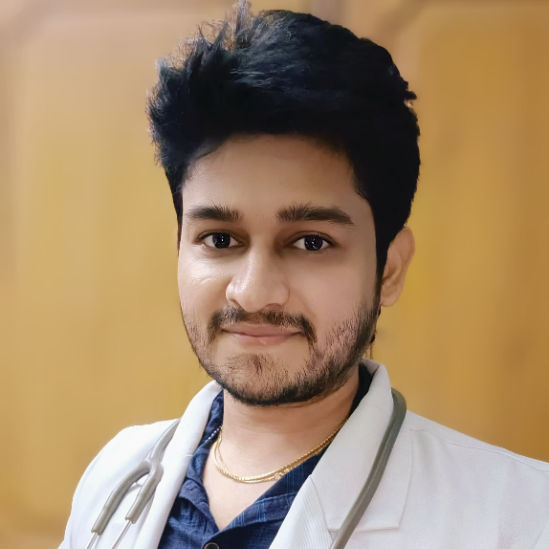
Dr. Shaik Abdul Kalam
General Practitioner
3 Years • MD (Physician)
Visakhapatnam
Apollo 24|7 Clinic - Andhra Pradesh, Visakhapatnam
(175+ Patients)
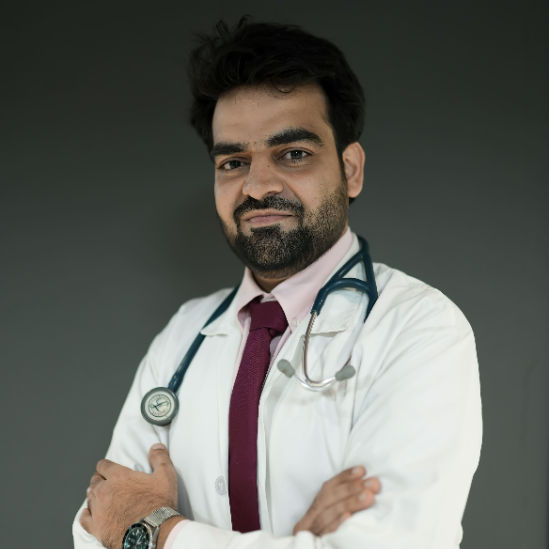
Dr. Md Yusuf Shareef
General Practitioner
8 Years • MBBS
Hyderabad
Apollo 24|7 Clinic, Hyderabad

Dr. Dhankecha Mayank
General Practitioner
6 Years • MBBS
Hyderabad
Apollo 24|7 Clinic - Telangana, Hyderabad

Dr. D Bhanu Prakash
General Practitioner
10 Years • MBBS, AFIH, Advanced certificate in critical care medicine, Fellowship in critical care medicine
Hyderabad
Apollo 24|7 Clinic, Hyderabad
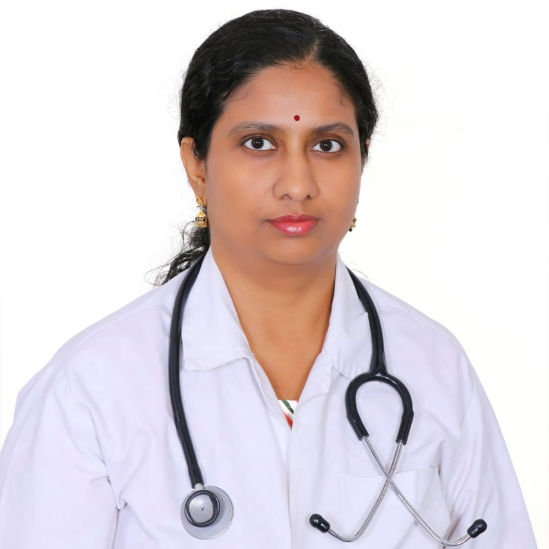
Dr. Deepthi Jalla
Family Physician
11 Years • MBBS, DNB (Family Medicine)
Hyderabad
Apollo 24|7 Clinic, Hyderabad
(500+ Patients)

Dr. Rajib Ghose
General Physician/ Internal Medicine Specialist
25 Years • MBBS
East Midnapore
VIVEKANANDA SEBA SADAN, East Midnapore
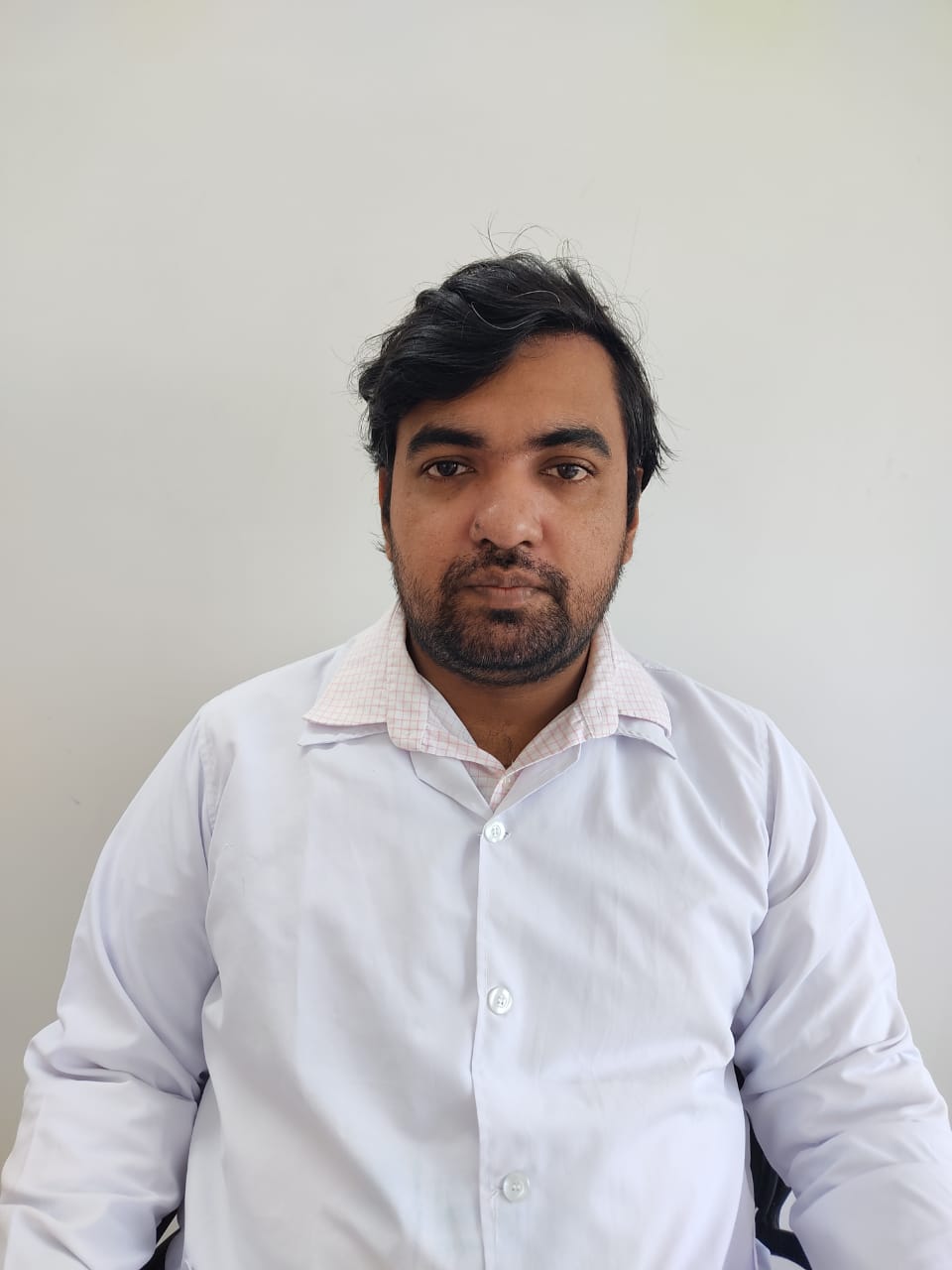
Dr. Mijanur Rahaman Mondal
General Practitioner
3 Years • MBBS
Kolkata
Dr Utsa Basu Clinic, Kolkata
(25+ Patients)
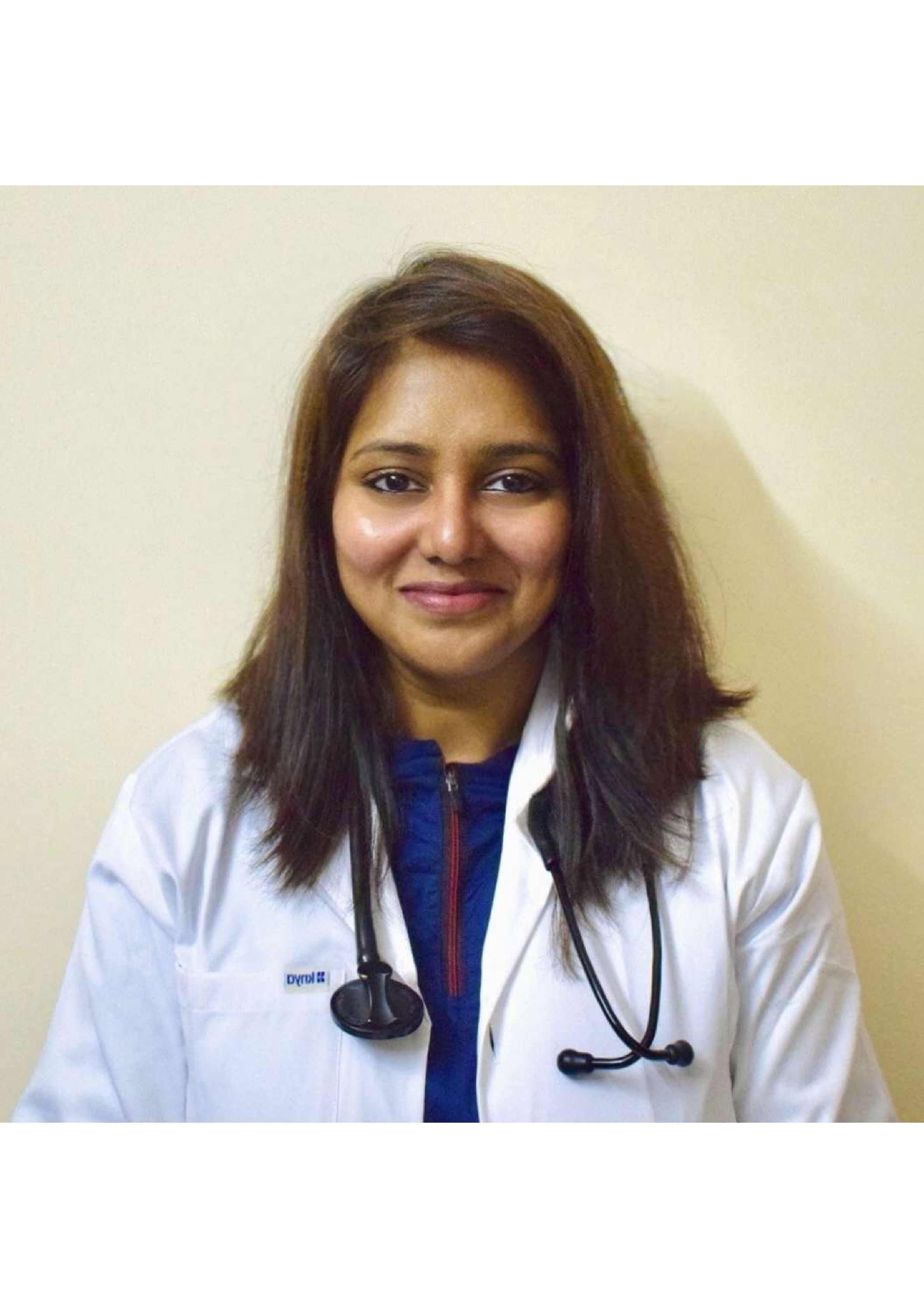
Dr. Srujana Mulakalapalli
General Physician/ Internal Medicine Specialist
5 Years • MBBS, MD (GENERAL MEDICINE)
Bengaluru
Apollo Medical Center, Marathahalli, Bengaluru
(25+ Patients)
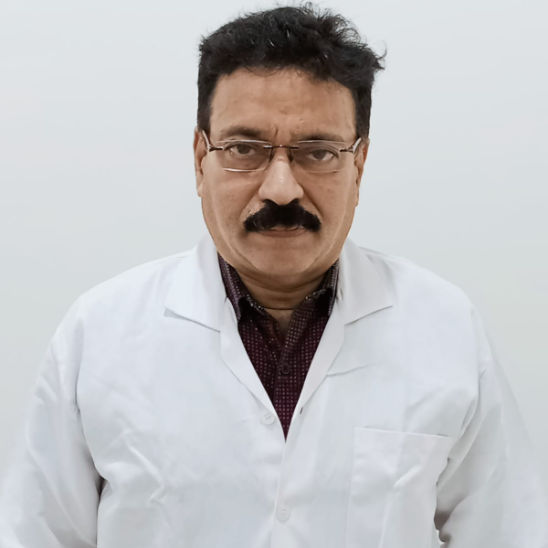
E Pradheep
General Physician/ Internal Medicine Specialist
38 Years • MBBS
Bengaluru
Apollo Clinic, Sarjapur Road, Bengaluru
Dr. Vivek Sabharwal
Family Physician
11 Years • M.B.B.S.(M.D. - General Medicine)
Gurugram
Apollo Dental Golf Course Road Gurugram, Gurugram

Dr. Bhethala Sharan Prakash
General Physician/ Internal Medicine Specialist
5 Years • MBBS MD
Bengaluru
PRESTIGE SHANTHINIKETAN - SOCIETY CLINIC, Bengaluru
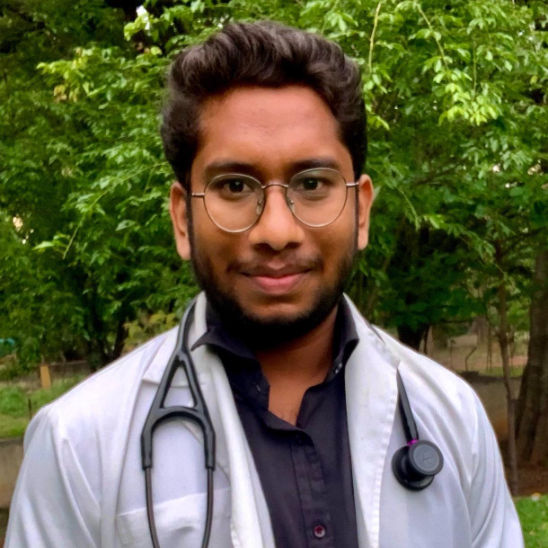
Dr. Thorana Prakash M
General Physician
2 Years • MBBS
Bengaluru
PRESTIGE SHANTHINIKETAN - SOCIETY CLINIC, Bengaluru
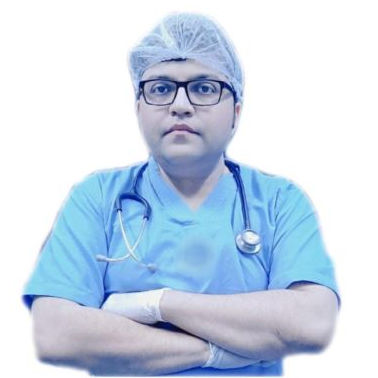
Dr. Utsa Basu
Diabetologist
14 Years • MBBS , MD
Barasat
Diab-Eat-Ease, Barasat
(75+ Patients)
Book Consult for Family Physician Online
Booking an appointment with a trusted family physician is now easier than ever with Apollo 24|7. Our user-friendly platform allows you to conveniently schedule an online family physician consultation or book an in-person visit at a clinic near you. With a wide network of experienced family doctors, you can find the right healthcare provider to address your concerns, whether you need a doctor for fever, doctor for stomach issues, doctor for skin problems, or doctor for diabetes care. Take advantage of our flexible appointment slots and family physician reviews to make an informed decision and receive the care you deserve.
What is a Family Physician?
Family physician is a medical speciality that provides comprehensive, continuous healthcare to individuals and families across all ages and genders. Family physicians treat a wide range of conditions, from acute illnesses like respiratory infections to chronic diseases such as diabetes and hypertension. They also focus on preventive care, offering routine check-ups, health screenings, and lifestyle counselling. Family medicine plays a crucial role in healthcare by serving as the first point of contact for patients, coordinating care with specialists when needed, and ensuring accessible, holistic care for communities.
Who is a Family Physician?
A family physician is a medical doctor who specialises in providing comprehensive healthcare to patients of all ages. In the Indian subcontinent, family doctors complete an undergraduate medical degree (MBBS) followed by postgraduate training in family medicine, which may include a residency program, diploma, fellowship, or Master's degree. However, postgraduate training is not mandatory to practice as a family physician in India. Family physicians are trained to diagnose and treat a broad spectrum of acute and chronic conditions, perform routine check-ups, and offer preventive care. They play a vital role in promoting health, detecting diseases early, and managing the overall well-being of their patients.
What Do Family Physicians Do?
Family physicians play a crucial role in providing comprehensive healthcare to individuals and families. As skilled doctors for fever, stomach issues, skin problems, and diabetes care, they offer a wide range of services to promote overall health and well-being. Some of the key responsibilities of family doctors include:
Conducting routine check-ups and physical exams to assess general health
Diagnosing and treating acute illnesses, such as respiratory infections and injuries
Managing chronic conditions like diabetes, hypertension, and asthma
Providing preventive care, including immunizations, health screenings, and lifestyle counselling
Coordinating care with specialists when necessary and managing overall patient health
Offering minor surgical procedures, such as suturing wounds and removing skin lesions
Providing prenatal care and delivering babies in some cases, particularly in rural areas
By booking a family physician appointment, either through an online family physician consultation or an in-person visit, patients can access personalised, continuous care that addresses their unique health needs.
What are the other Sub-Specialities of Family Physicians?
Family medicine encompasses several subspecialties that allow physicians to focus on specific areas while maintaining a broad understanding of general family medicine. Some of the key subspecialties include:
Geriatric Medicine: Focuses on the healthcare needs of elderly patients, addressing the diagnostic, therapeutic, preventive, and rehabilitative aspects of age-related illnesses.
Pediatric Medicine: Specialises in the care of infants, children, and adolescents, providing preventive care, diagnosing and treating illnesses, and promoting healthy growth and development.
Women's Health: Concentrates on the unique healthcare needs of women, including reproductive health, prenatal care, and management of gynaecological conditions.
Sports Medicine: Deals with the prevention, diagnosis, and treatment of sports-related injuries, as well as the promotion of physical fitness and healthy lifestyles.
Preventive Medicine: Emphasises the prevention of diseases and the promotion of health through lifestyle modifications, health education, and early detection of illnesses.
Addiction Medicine: Focuses on the diagnosis, treatment, and management of substance use disorders and related health consequences.
Palliative Care: Provides specialised care for patients with serious or life-threatening illnesses, focusing on symptom management, emotional support, and quality of life improvement.
Occupational Medicine: Deals with the prevention and management of work-related injuries and illnesses, as well as the promotion of workplace health and safety.
Emergency Medicine: Focuses on the immediate care of patients with acute illnesses or injuries in emergency department settings.
Rural Medicine: Addresses the unique healthcare needs of rural communities, often involving a broad scope of practice and resource management in remote settings.
What are the Examinations Conducted Under a Family Physician or Tests Performed by a Family Physician?
Family physicians perform a variety of examinations and tests to diagnose, monitor, and manage various health conditions. Some of the common examinations and tests include:
Physical Examinations: Comprehensive assessments of a patient's overall health, including vital signs, heart and lung function, and abdominal exams.
Blood Tests: Analyses of blood samples to evaluate various health markers, such as blood sugar levels, cholesterol, liver and kidney function, and blood cell counts.
Urine Tests: Examinations of urine samples to detect signs of infection, kidney problems, or other health issues.
Electrocardiograms (ECGs): Tests that record the electrical activity of the heart to assess heart rhythm and detect abnormalities.
Spirometry: A test that measures lung function by assessing how much air a patient can inhale and exhale, and how quickly they can exhale.
Imaging Tests: X-rays, ultrasounds, or other imaging techniques to visualize internal organs and structures, aiding in the diagnosis of various conditions.
Pap Smears: Screening tests for women to detect precancerous or cancerous cells in the cervix.
Skin Biopsies: Removal of small skin samples for laboratory analysis to diagnose skin conditions or rule out skin cancer.
Mental Health Assessments: Evaluations of a patient's mental well-being, including screenings for depression, anxiety, and other mental health disorders.
What are the Common Conditions & Diseases that Family Physicians Treat?
Family physicians are skilled in managing a wide range of health conditions across all age groups. Here are some of the conditions and diseases most commonly treated by family doctors:
Diabetes: The doctor for diabetes care helps patients manage their blood sugar levels, prevent complications, and maintain a healthy lifestyle.
Hypertension: High blood pressure is a common condition that can lead to serious health problems if left untreated. Family physicians monitor blood pressure and provide appropriate treatment.
Respiratory Infections: Common colds, flu, bronchitis, and pneumonia are frequently managed by family doctors.
Skin Conditions: Doctors for skin problems are often the first point of contact for patients with acne, eczema, psoriasis, and other skin problems.
Gastrointestinal Issues: Conditions like acid reflux, constipation, diarrhea, and irritable bowel syndrome (IBS) are commonly treated by doctors for stomach issues.
Musculoskeletal Problems: Back pain, joint pain, and arthritis are often managed by family physicians, who provide pain relief and recommend physiotherapy or specialist referrals when needed.
Mental Health Concerns: Family physicians are trained to recognise and treat common mental health issues like depression, anxiety, and stress-related disorders.
Urinary Tract Infections (UTIs): UTIs are a common reason for patients to visit their family doctor, who can diagnose and prescribe appropriate antibiotics.
Headaches and Migraines: Family physicians help patients manage headaches and migraines through lifestyle modifications and medication.
Thyroid Disorders: Hypothyroidism and hyperthyroidism are often managed by family physicians, who monitor hormone levels and adjust treatment as needed.
Allergies: Doctors for fever help patients manage seasonal allergies, food allergies, and other allergic reactions.
Asthma: Family doctors develop treatment plans to help patients control their asthma symptoms and prevent attacks.
Obesity: Family physicians provide guidance on weight management, including diet and exercise recommendations, and monitor for related health problems.
Sexual Health: Family physicians offer advice on contraception, screen for sexually transmitted infections (STIs), and provide treatment when necessary.
Chronic Pain: Family doctors help patients manage chronic pain conditions, such as fibromyalgia, through medication, lifestyle changes, and referrals to pain management specialists.
Reasons to See a Family Physician
Visiting a family physician is essential for maintaining optimal health and preventing serious medical complications. Here are some key reasons why you should consult a family doctor:
Acute Illnesses: If you experience sudden symptoms like fever, cough, or sore throat, a doctor for fever can diagnose and treat the underlying cause, such as a viral or bacterial infection.
Chronic Disease Management: Doctors for diabetes care and doctors for stomach issues play a crucial role in managing chronic conditions like diabetes or irritable bowel disease. They monitor your health, adjust medications, and provide guidance on lifestyle changes to keep your condition under control.
Preventive Care: Regular check-ups with your family physician can help detect health problems early when they are most treatable. Your family doctor may recommend screenings for conditions like high cholesterol, breast cancer, or colon cancer based on your age and risk factors.
Mental Health Support: Family physicians are often the first point of contact for patients experiencing mental health issues like depression or anxiety. They can provide initial treatment and refer you to a mental health specialist if needed.
Personalised Care: Your family physician gets to know you and your health history over time, allowing them to provide personalised care tailored to your specific needs and preferences.
What Types of Procedures Do Family Physicians Perform?
Family physicians are trained to perform a variety of therapeutic and surgical procedures, including:
Skin Biopsies: Doctors for skin problems can perform skin biopsies to diagnose conditions like skin cancer, psoriasis, and dermatitis.
Wound Care: Family physicians clean, stitch, and dress wounds to promote healing and prevent infection.
Joint Injections: For patients with arthritis or other joint problems, family doctors can administer corticosteroid injections to reduce inflammation and pain.
Cryotherapy: Family physicians use liquid nitrogen to freeze and remove warts, skin tags, and other benign skin growths.
Spirometry: This breathing test is used by family doctors to diagnose and monitor conditions like asthma and chronic obstructive pulmonary disease (COPD).
Ear Wax Removal: Family physicians can safely remove excessive ear wax using irrigation, suction, or special instruments.
Electrocardiograms (ECGs): Family physicians use ECGs to assess heart rhythm and detect problems like arrhythmias or heart attacks.
Pap Smears: Family doctors perform this screening test to detect cervical cancer in women.
Immunisations: Family physicians administer vaccines to protect patients against infectious diseases like influenza, pneumonia, and shingles.
IUD Insertion and Removal: Family physicians can insert and remove intrauterine devices (IUDs) for long-term birth control.
Abscess Drainage: Family doctors can drain abscesses, which are pockets of pus that can develop under the skin due to infection.
Nebuliser Treatments: For patients with asthma or other respiratory conditions, family physicians may administer medication through a nebuliser to help open the airways.
Trigger Point Injections: Family physicians can inject local anaesthetics or corticosteroids into trigger points to relieve muscle pain and spasms.
Pulmonary Function Tests: These tests, performed by family doctors, measure how well the lungs are working and can help diagnose conditions like asthma and COPD.
Why Choose an Apollo 24|7 Family Physician?
Apollo 24|7 family physicians are highly qualified and experienced in providing comprehensive healthcare services. Our team of dedicated professionals (such as doctors for stomach issues, doctors for skin problems, doctors for diabetes care and doctors for fever) are committed to delivering personalised care tailored to your specific needs. With advanced training in the latest medical practices and technologies, our family doctors offer a wide range of services, from preventive care and chronic disease management to acute illness treatment and minor surgical procedures.
With the convenience of online family physician consultations and in-clinic appointments, Apollo 24|7 makes it easy for you to access high-quality healthcare services whenever and wherever you need them. Our user-friendly platform allows you to view family physician reviews, compare family physician fees, book a family physician appointment that fits your schedule and find a doctor at a nearby location by searching family physician near me.
What to Expect When Visiting a Family Physician?
Visiting a family physician is an essential part of maintaining your overall health and well-being. When you visit your family doctor, you can expect:
Comprehensive Health Assessment: Your family physician will review your medical history, ask about your current symptoms, and perform a thorough physical examination to assess your overall health.
Diagnostic Tests: Depending on your symptoms and health concerns, your family doctor may order diagnostic tests such as blood work, urine analysis, or imaging studies to help diagnose any underlying conditions.
Treatment Plan Development: Based on your diagnosis, your family physician will develop a personalised treatment plan that may include medications, lifestyle modifications, or referrals to specialists when necessary.
Preventive Care Recommendations: Your family doctor will discuss age-appropriate screenings and preventive measures to help you maintain optimal health and reduce your risk of developing chronic diseases.
Lifestyle Counselling: Your family physician may provide guidance on healthy lifestyle choices, such as diet, exercise, stress management, and smoking cessation, to promote overall well-being.
Chronic Disease Management: If you have a chronic condition like diabetes or hypertension, your family physician will monitor your condition, adjust your treatment plan as needed, and provide ongoing support to help you manage your health effectively.
Referrals and Care Coordination: When necessary, your family doctor will refer you to specialists and coordinate your care among multiple healthcare providers to ensure you receive comprehensive, integrated treatment.
How Can I Get an Appointment With a Family Physician?
Booking an appointment with a family physician at Apollo 24|7 is a simple and convenient process. Here's how you can schedule a consultation:
Online Booking: Visit the Apollo 24|7 website and navigate to the "Book Family Physician" section or book an online family physician consultation. Select your preferred location, choose a family physician from the list of available doctors, and pick a convenient date and time for your appointment. You can check the family physician fee and read the family physician reviews.
Mobile App: Download the Apollo 24|7 mobile app from the App Store or Google Play Store. Log in or create an account, select the "Book Family Physician" option, and follow the prompts to choose your desired location, doctor, and appointment slot. You can find a doctor near your location by searching the phrase family physician near me.
FAQs
What is a family physician?
A family physician, also known as a family doctor, is a medical professional who provides comprehensive healthcare to individuals and families of all ages. They diagnose and treat a wide range of health conditions, from acute illnesses like fever to chronic diseases such as diabetes. Family physicians also focus on preventive care and health maintenance.
What kind of medical procedures do family physicians perform?
Family physicians perform a range of procedures, including administering immunisations, prenatal and child care, biopsies, minor surgeries, joint injections, and women's health services such as breast exams, pelvic exams, fertility tests, and Pap tests. They also treat common ailments like skin problems and stomach issues.
What types of health issues can a family physician treat?
Family physicians are trained to handle a variety of health concerns. They can be your go-to doctor for stomach issues, skin problems, diabetes care, and more. They also provide routine check-ups, immunisations, and screenings to help prevent illnesses and maintain overall health. If a specialist is needed, they can provide referrals and coordinate care.
How can I find a family physician near me?
To find a family physician near your location, you can ask for recommendations from friends, family, or your insurance provider. You can also search online directories or use phrases like "family physician near me" in search engines. Many healthcare systems and hospitals also have physician directories on their websites that can help you locate a family doctor in your area.
Can I book an appointment with a family physician online?
Yes, many family physicians now offer the option to book family physician appointments online. This can be done through the physician's website, a healthcare portal, or a third-party booking platform. Some also provide online family physician consultation services, allowing you to discuss minor concerns or follow up on an issue without visiting the clinic in person.
What is the typical family physician fee?
The family physician fee can vary depending on several factors, such as location, insurance coverage, and the type of visit. In India, fees for a consultation can range from a few hundred to a few thousand rupees. Many family physicians also accept insurance, which can reduce out-of-pocket costs. It's best to check with the clinic directly for their specific fee structure.
How can I find reviews for a family physician?
You can find family physician reviews by searching online directories or review websites. Many healthcare booking platforms also include patient reviews and ratings for physicians. Additionally, you can ask friends, family, or community members for their experiences and recommendations. Reading reviews can provide insight into a physician's bedside manner, wait times, and overall patient satisfaction.
What should I expect during a visit to a family physician?
During a visit, your family physician will typically review your medical history, ask about any current concerns or symptoms, and perform a physical examination. They may order tests, prescribe medications, or provide advice on lifestyle changes. They will also address any questions you may have and discuss preventive care measures.
How often should I see my family physician?
The frequency of visits to your family physician depends on your age, health status, and any chronic conditions. Generally, it's recommended to have a check-up at least once a year. However, if you have a chronic illness like diabetes, you may need to see your physician more frequently for monitoring and management.
Can a family physician refer me to a specialist if needed?
Yes, if your family physician determines that you need specialised care, they can refer you to the appropriate specialist. They will often coordinate with the specialist to ensure continuity of care. Family physicians can also help you navigate the referral process and provide guidance on what to expect from the specialist visit.